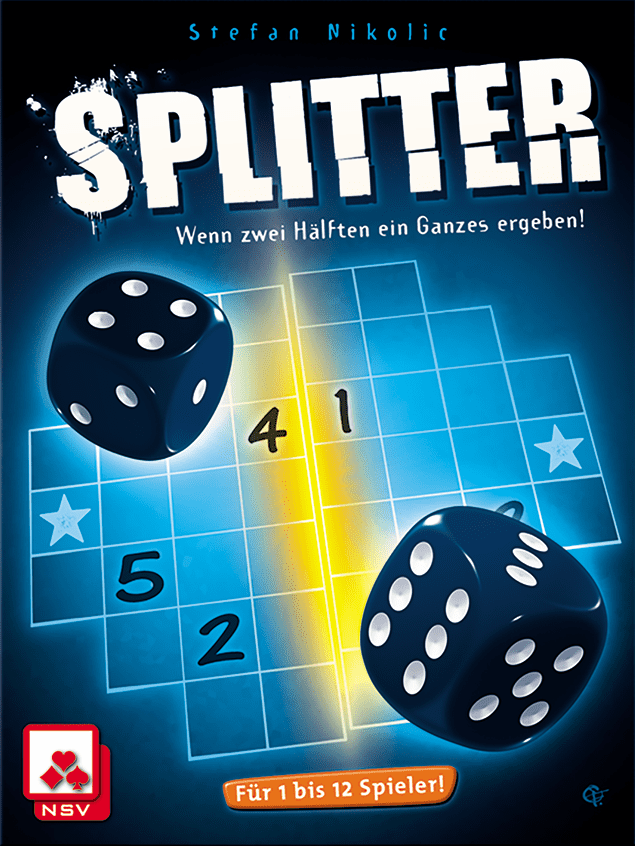Splitter
Products title that includes 'PRE-ORDER' is subject to our Pre-order Policy
Couldn't load pickup availability
Delivery and Shipping
Delivery and Shipping
For more details, please refer to our Shipping and Order Information.
Pre-Order Policy
- Pre-order items are charged at the time the order is placed.
- Prices for pre-order items are subject to change based on final landed costs.
- If the final price is lower, the difference will be refunded to the customer in the form of store credit.
- If the final price is higher, customers will be given the option to either:
- Pay the difference, or
- Cancel the item for a full refund.
- Orders containing pre-order items will be placed on hold until all items in the order are available.
- Once all items have arrived and pricing remains unchanged, the order will be automatically shipped.
- Pre-orders are fulfilled on a first-come, first-served basis.
- If a pre-ordered item becomes unavailable (e.g., the publisher cancels the product), a full refund will be issued.
- Pre-orders may be cancelled and refunded by customers or the store.
- For transactions that are no longer eligible for direct refunds due to payment processor limitations, a store credit will be issued instead.
Description
Description
| Designer |
Stefan Nikolic |
| Publisher | Pandasaurus Games |
| Players | 1-12 |
| Playtime | 15 mins |
| Suggested Age | 8 and up |
| Additional Info | BoardGameGeek (Images, Videos, Reviews) |
In Splitter, you must group numbers together to score points — two 2s, three 3s, and so on — but you're placing two numbers at a time, so things won't always work out.
Each player has their own score sheet with 44 empty spaces on it, with two different patterns of spaces included in the box; each pattern has a dashed line through the middle that splits it into two mirrored halves.
On a turn, someone rolls two six-sided dice. Each player then writes the results, e.g. 1 and 4, in empty spaces in the pattern, with each number being in the mirrored space of the other. If, say, you place the 1 in the leftmost space of the top row, then you must place the 4 in the rightmost space of the top row.
After 22 dice rolls, everyone's pattern will be filled. Each 1 on its own — that is, with no other 1s orthogonally adjacent — scores 1 point; each set of two 2s that have no other orthogonally adjacent 2s score 2 points; and so on up to a set of six 6s with no other orthogonally adjacent 6s being worth 6 points. A starred space is present on each half of the pattern, and a scored group that contains this starred space has its points doubled. (One pattern has a set of three spaces with hearts, and if you fill all three hearts with the same number, you score 5 points.)
Whoever has the highest score wins.




